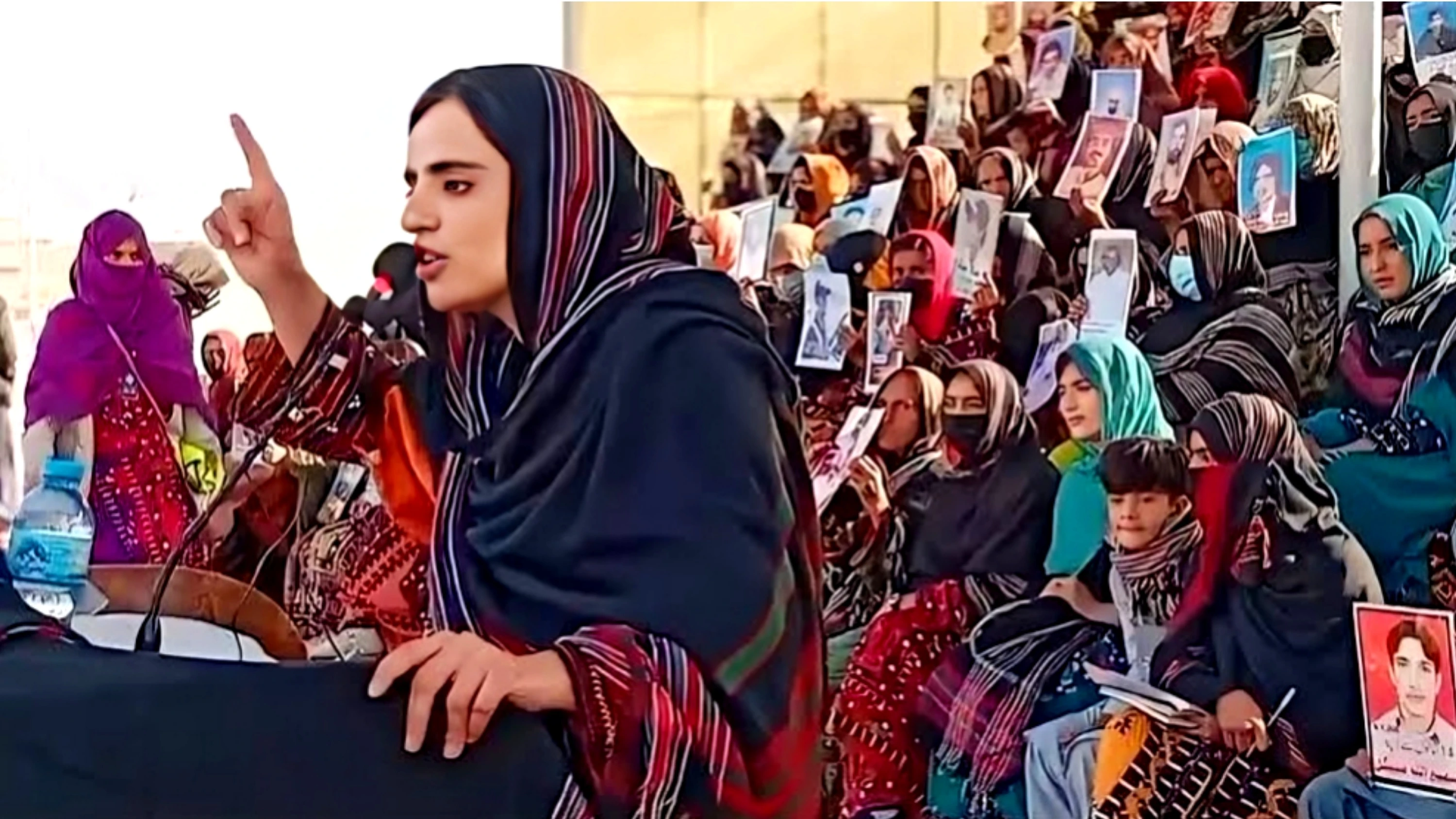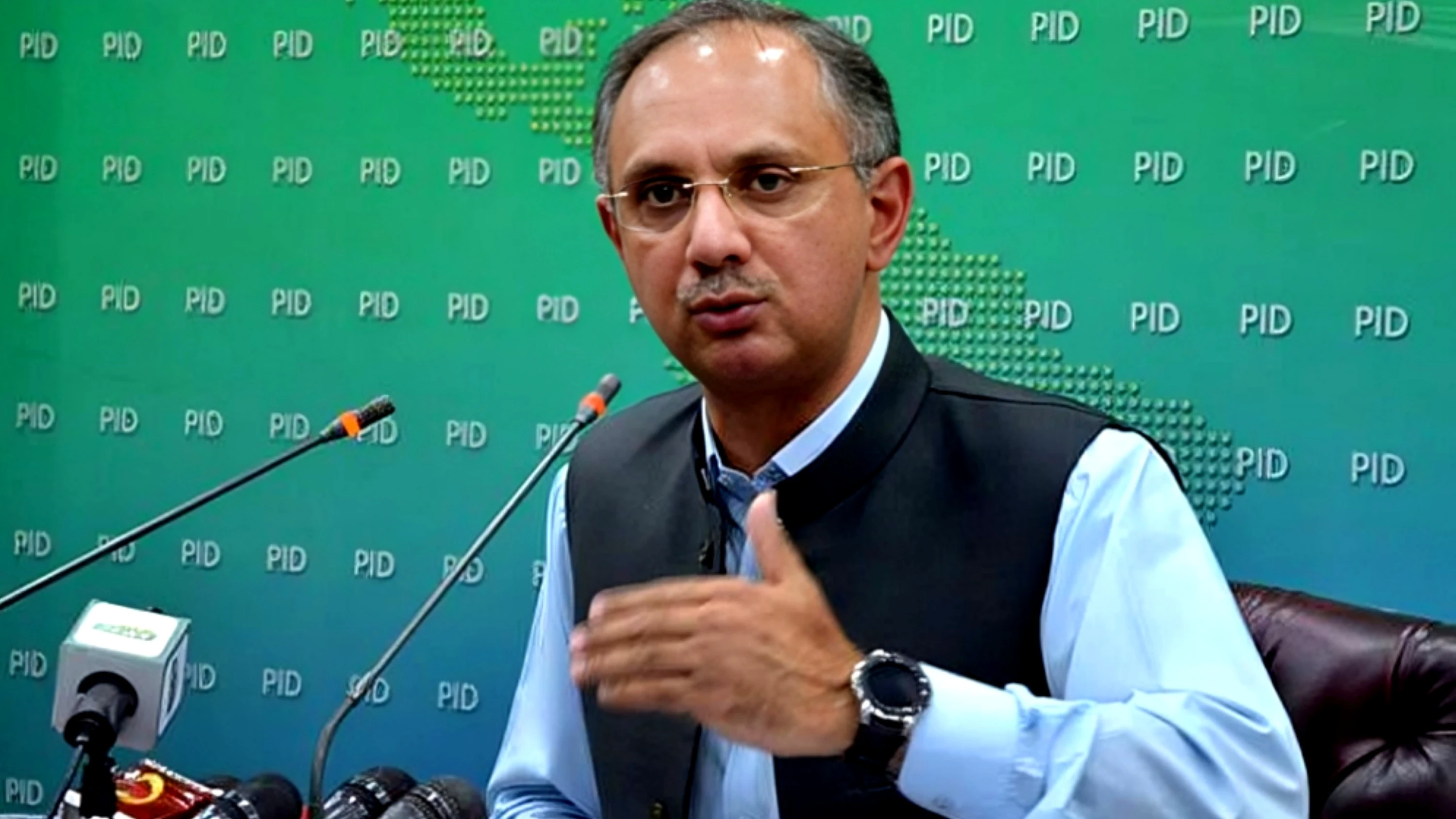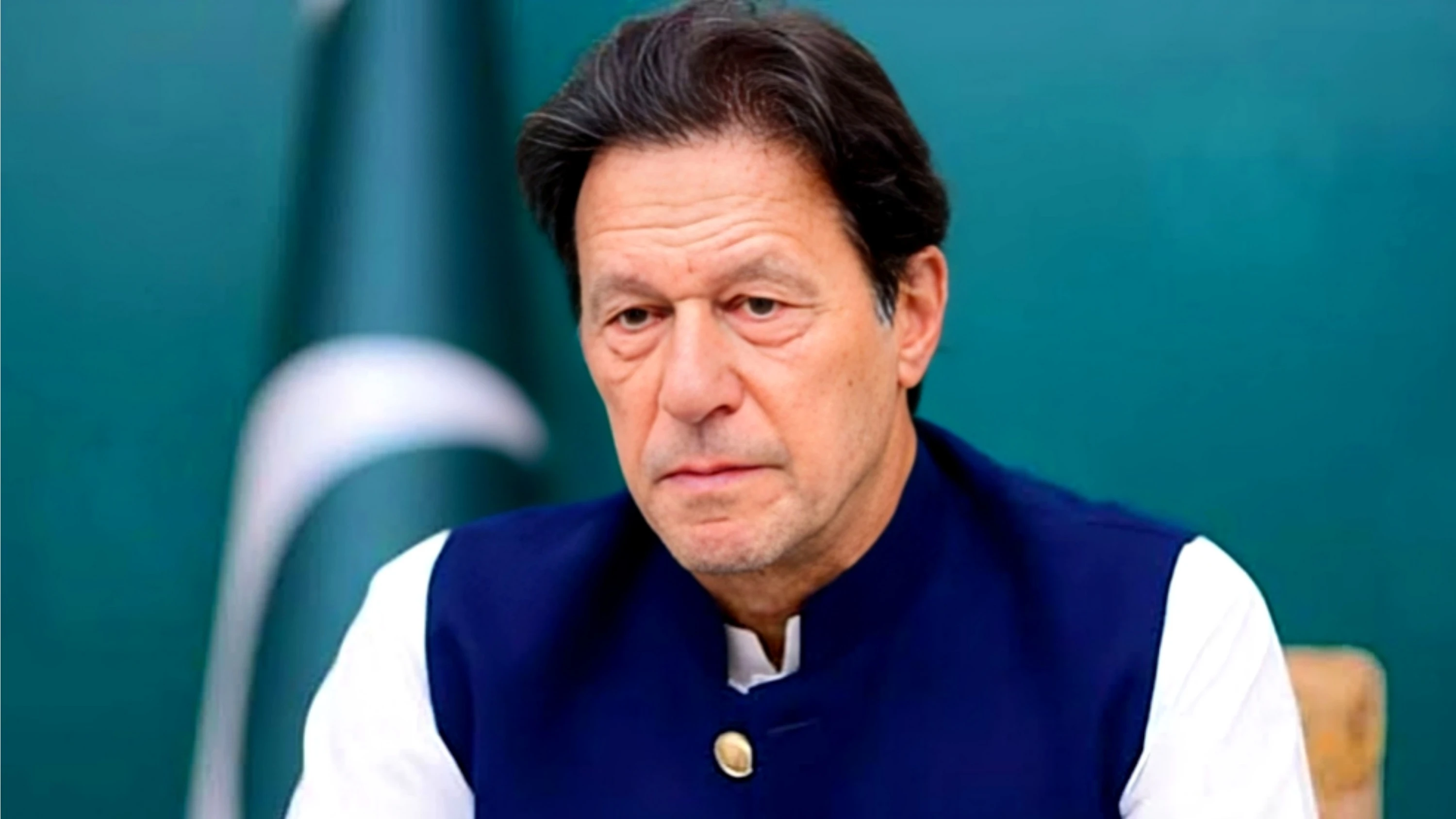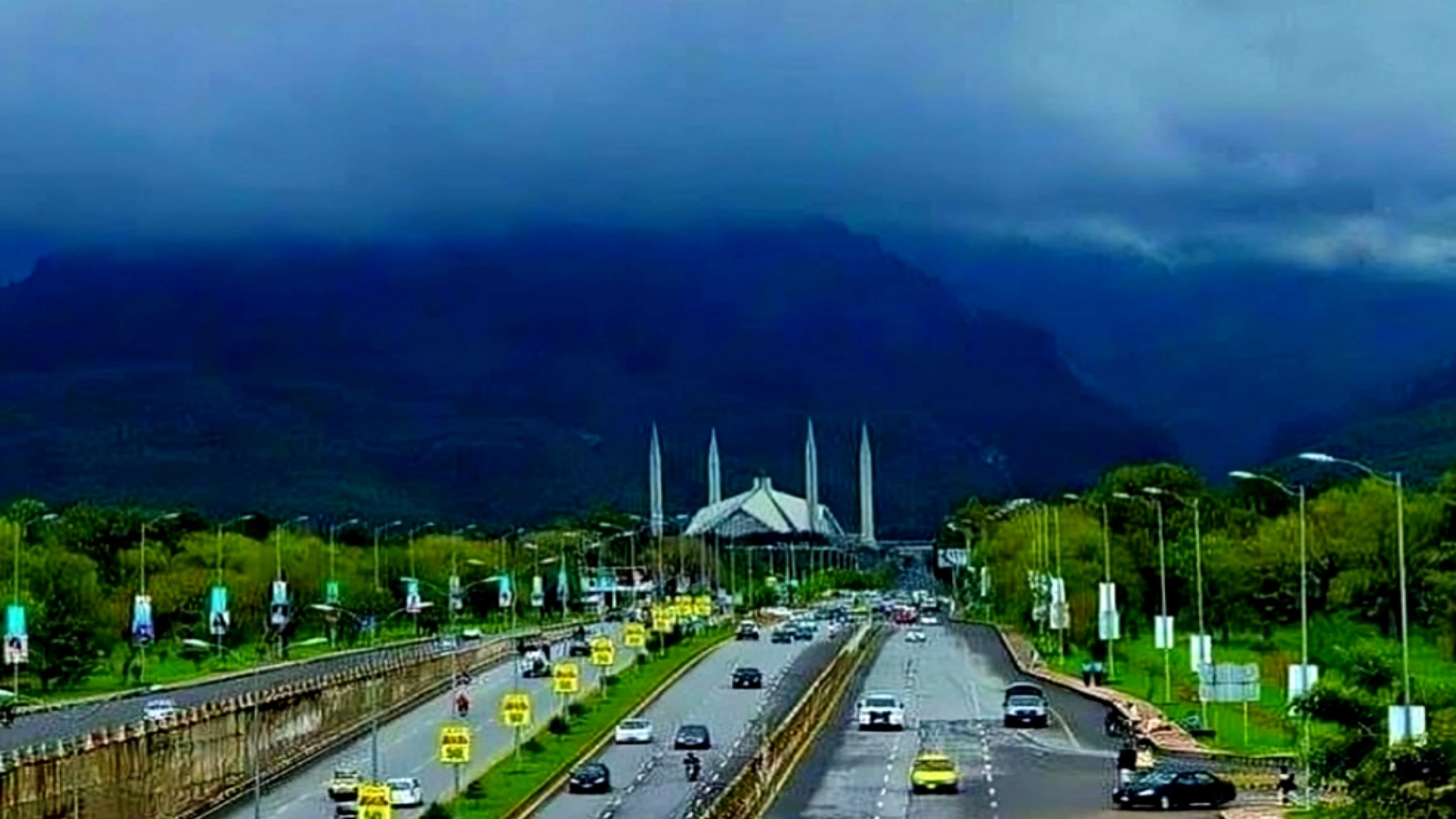Quetta: Amnesty International has strongly condemned the arrest of Dr. Mahrang Baloch, leader of the Baloch Yakjehti Committee (BYC), in Pakistan. The organization has called for her immediate release and urged Pakistani authorities to free all individuals detained for exercising their right to peaceful protest.
In a post on social media platform X, Amnesty International’s South Asia branch stated:
"More than 38 hours after Dr. Mahrang Baloch’s unlawful arrest, she is still being denied access to legal representation and contact with her family."
The statement further urged authorities to end the practice of extending the illegal detention of Baloch activists under "baseless cases."
Dr. Mahrang Baloch and several of her associates were arrested by Quetta police during a protest organized by the BYC in front of Balochistan University. The demonstrators were protesting the alleged extrajudicial killings of three individuals, whose bodies they had placed at the protest site.
Reports indicate that the police intervened forcefully, using tear gas, baton charges, and live ammunition to disperse the protestors, resulting in the deaths of three Baloch youth and injuries to dozens of others. According to the BYC, the police also confiscated the bodies of the slain protestors before arresting Dr. Mahrang Baloch and her colleagues.
The provincial government’s spokesperson, Shahid Rind, defended the police action, stating that authorities acted according to the law to prevent disruption to public order. He alleged that the protestors had resorted to violence by pelting stones at the police, injuring several officers, including a female officer.
According to recent reports, the Quetta police have filed a First Information Report (FIR) against Dr. Mahrang Baloch and 150 others, accusing them of forcibly taking bodies from a hospital morgue, inciting violence, and other criminal offenses. The charges include terrorism, murder, attempted murder, sedition, and damage to public property under Pakistan’s Anti-Terrorism Act (ATA) and the Pakistan Penal Code (PPC).
The FIR alleges that BYC leaders encouraged violence against law enforcement officers, leading to the deaths of three people and injuries to 15 police personnel. It also accuses protestors of blocking roads, chanting anti-state slogans, and disrupting public order.
Dr. Mahrang Baloch and 17 other detainees have been placed in Quetta District Jail under the Maintenance of Public Order (MPO) ordinance.
Following the arrests, several cities across Balochistan, including Turbat, Mastung, Kalat, and Panjgur, observed a shutter-down strike. In Turbat, protestors blocked the Turbat-Karachi highway, while in Hub, the Quetta-Karachi highway was also obstructed. The police later used tear gas and baton charges to disperse the demonstrators.
Meanwhile, internet and mobile communication services in Quetta and surrounding areas remained suspended for the fourth consecutive day. Residents reported difficulties in accessing online services, while authorities failed to provide a clear explanation for the prolonged blackout.
The crackdown on Baloch activists has drawn significant criticism from human rights organizations, with many calling for an end to what they describe as the systematic suppression of Baloch voices in Pakistan.








